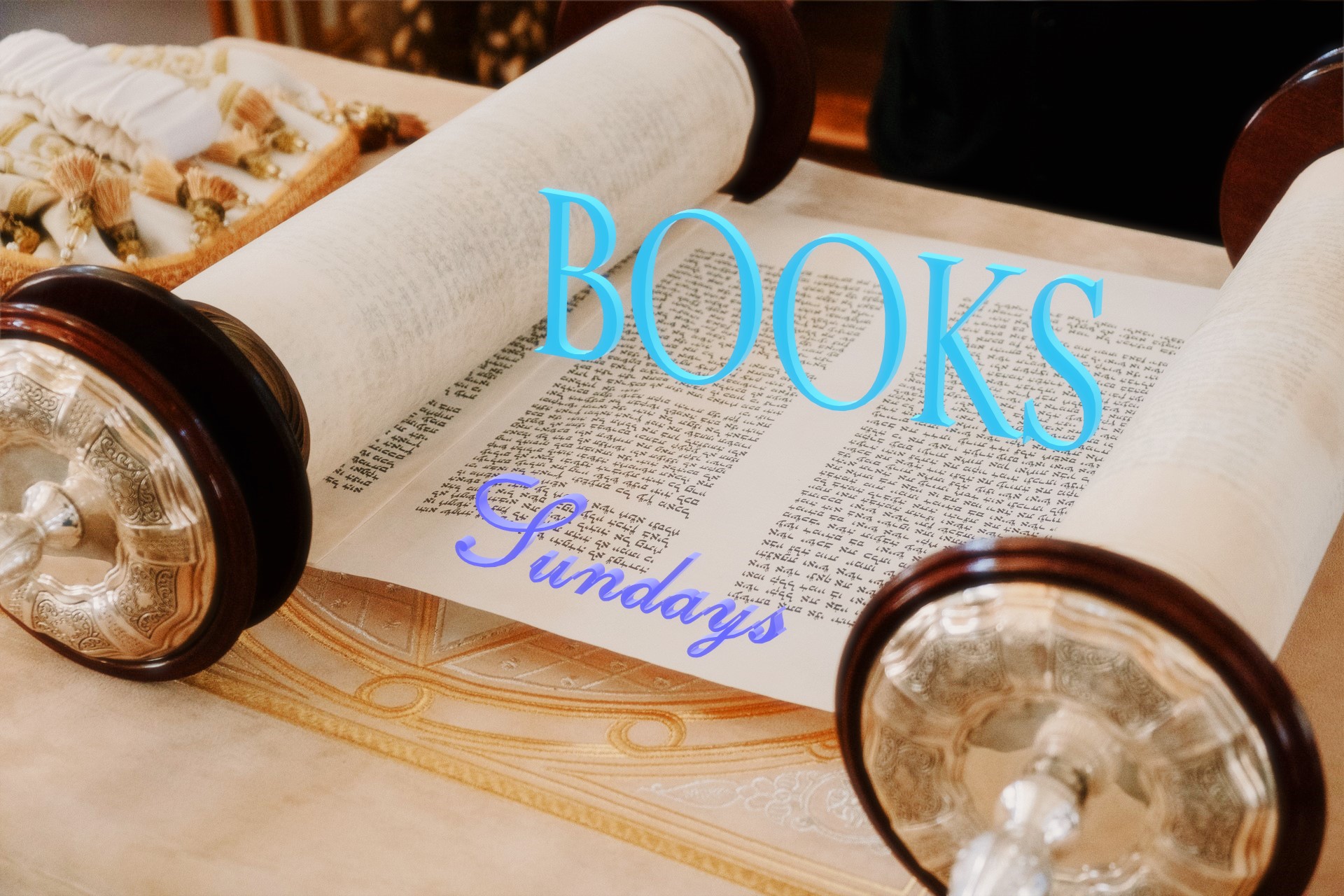In short
A mostly depressing book, but wow, the silver linings. Jeremiah tells of the coming wrath for his nation (Judah) and lives just long enough to see it happen in about 586 BC.
Why it is important
Jeremiah prophesied of the fall of Judah and predicted how many years they would be in captivity (70). Other legendary and enduring prophecies are cited in the New Testament as being fulfilled in Christ (Matt 2:18) and the church (Heb 8:8-12, 10:16-17). It is also the longest book of the Bible (by word count) – even longer than Psalms.
Main characters
- Jeremiah, a prophet and son of Hilkiah, a high priest (2Ki 22:8; Jer 1:1)
- Baruch, the scribe of Jeremiah, who apparently compiled Jeremiah’s book (Jer 36:4, 32)
What is in this book
It’s all about how everyone is wrong and God will punish them in their lifetimes. The main theme is the rejection of God’s words and the cruelty to Jeremiah himself.
There are three big sections in the book:
- Jeremiah talking a lot, or the LORD talks to him, but that’s about it (chapters 1-25)
- Some stories with other people in them – plus Jeremiah (chapters 26-45)
- Jeremiah talking some more (chapters 46-51)
And that middle section is what makes the book so unique. Jeremiah is decidedly a character in his stories. He is a real part of the action, and it is a depressing part, because he is opposed and rejected at every turn. The books of prophets in the Bible occasionally have some narrative (Hosea) but it usually is there to get us to the next message from God. Jeremiah’s stories are actually about Jeremiah.
Memorable passages in Jeremiah
That middle section also contains the most well-known parts of the book, especially if I can include chapter 25 as well*.
- Jer 25:11-12 – Promise of seventy years of punishment
- Jer 29:10-14 – “For I know the plans I have for you, declares the LORD….” This is the one on the Bible covers and Facebook posts, etc. But the statement is not exactly rosy. God says this in the middle of saying, Once you finally get around to honestly seeking Me, THEN I will finally be able to bless you like I promised.
- Jer 31:31-34 – A very famous prophecy of the New Covenant (more on that in a minute)
- Jer 35 – The story of the Rechabites
- Jer 36 – Baruch writes Jeremiah’s life work and their king burns it. And then they write a second draft.
- Jer 38:1-13 – Jeremiah thrown into a well and rescued by an Ethiopian eunuch
- Jer 40:4 – Jeremiah released from bondage (see ch. 37)
- Jer 43:5-7 – Jeremiah is dragged to Egypt by his own countrymen – the ones that were spared from being exiled – because he told them, God will keep you safe here but whatever you do, don’t go to Egypt!
- Jer 44:13 – Egypt is going down!
The final chapter
I outlined chapters 1-51. Jeremiah has 52 chapters.
So, chapter 51 ends with the phrase, “Thus far are the words of Jeremiah” (Jer 51:64). What does that imply about chapter 52?
Oh, that’s a debate for another day (see the lesson from May 3). But the last chapter of Jeremiah is almost 100% identical to every word in 2 Kings 24:18-25:30.
The only point I want to make is that the last chapter is REALLY different form the rest of the book. It’s a historical ending to a book that led to that moment in history.
Theology and doctrine
The theme of “the Branch” comes up a few times (Jer 23:5, 33:15). It’s Christ, and I’ll talk about that more on Friday (May 29).
The prophecy of 70 years (Jer 25:12) is cited in Ezra 1:1.
But as I said earlier, the best-known part of the book is Jeremiah 31:31-34,
“Behold, the days are coming, declares the LORD, when I will make a new covenant with the house of Israel and the house of Judah, not like the covenant that I made with their fathers on the day when I took them by the hand to bring them out of the land of Egypt, my covenant that they broke, though I was their husband, declares the LORD. For this is the covenant that I will make with the house of Israel after those days, declares the LORD: I will put my law within them, and I will write it on their hearts. And I will be their God, and they shall be my people. And no longer shall each one teach his neighbor and each his brother, saying, ‘Know the LORD,’ for they shall all know me, from the least of them to the greatest, declares the LORD. For I will forgive their iniquity, and I will remember their sin no more.”
Hebrews 8 quotes the entire thing (apparently the longest quote in the New Testament) and explains its significance as it relates to Christ.
Footnotes
* Chapter 25 is kind of a bridge between the first two big sections. It’s one of 4 critical “in the fourth year of Jehoiakim” passages in the book. They are Jeremiah 25:1, 36:1, 45:1, 46:2.

No responses yet